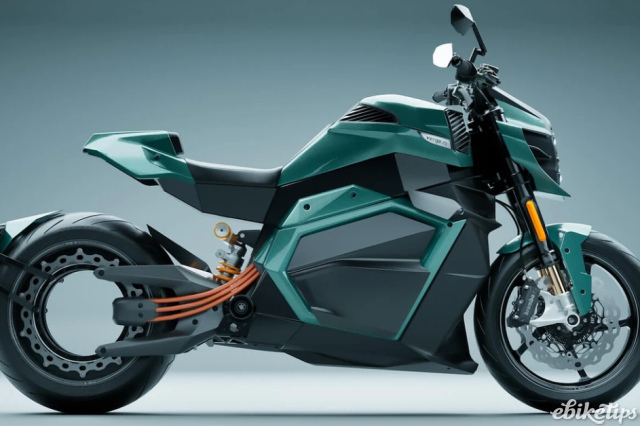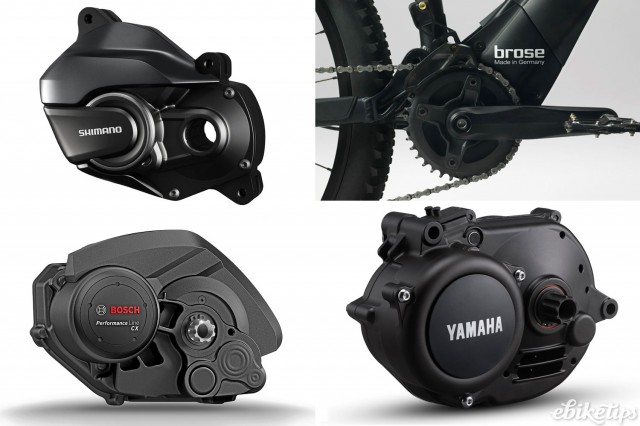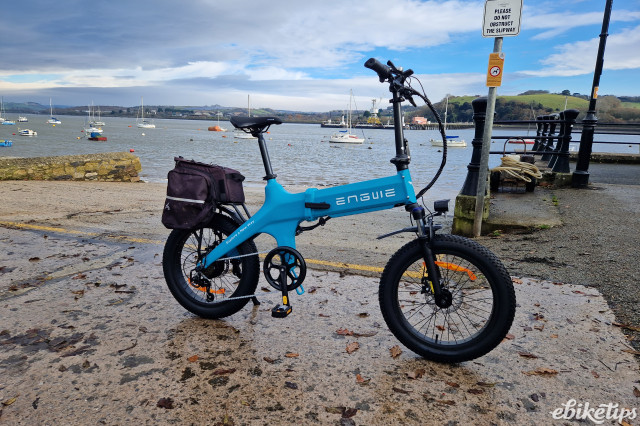Crank Power is aiming to help put an end to battery wastage in e-mobility. It is working with e-bike and e-scooter companies to manufacture bespoke packs as well as diagnosing, recovering and repairing batteries.
Based in Nottinghamshire, Crank Power is a new company that is an offshoot of UK battery supplier County Battery, which stocks batteries for a wide range of uses.
Crank Power offers services including repair, manufacture and certification and says it can resolve companies’ customers' battery problems and can reduce product wastage.
One of its early clients is Estarli whose E28 we reviewed recently. In addition to helping the brand source parts, Crank Power has designed a new specification for its seatpost battery packs. Crank Power also facilitated Estarli’s UN38.3 certification and is now helping it improve its battery management system.
Alex Francis, co-founder at Estarli, said: “We build e-bikes in the Chilterns so having our battery packs made two hours away is ideal. The relationship allows us to continually improve the design and performance of our batteries.”
Crank Power director Richard Fuller said: “The advantage of buying from Crank Power is that bike companies can come and see it being built, and they can say they don’t want it like that. With the Estarli product, we’ve made quite a lot of improvements to the battery. The advantage is that they can come and have a look."
The company also has a recycling licence, recycling around 25-30 tonnes of waste batteries a month - some e-bike batteries, some automotive, said Fuller. The process for recycling batteries now is to collect them and send them to their respective recycler, which would vary for different chemical types. The firm says all waste batteries are dealt with in the most environmentally-friendly way possible.
“The idea is at some point to take batteries to pieces," added Fuller. "In a welded battery, the cells are all welded together and it’s a problem to pull them apart. If you’re not careful, you put a hole in them - you rip the weld off, it makes a hole in the battery, and if you’re not careful the battery catches fire. We are looking at different ways to split the battery down into a usable thing that hasn’t got a hole in it, but I think we’re a way off that.
“In other words, what you could do is take a number of second hand cells, balance them and make sure they all work well together, and then you can make another product out of used batteries.”
> Gouach launches repairable batteries for e-bikes and e-scooters
The Bicycle Association recently announced its intention to set up a UK-wide e-bike battery collection and recycling service, appointing the European Recycling Platform UK (ERP UK) as its partner to set up and deliver the programme.
The latest industry advice is that a defective or end of life battery should be replaced by “an authorised technically identical battery”. The advice to only replace a battery with one that comes from the same manufacturer and of exactly the same spec is for good reason – battery, controller and motor have all been designed to work safely together and using a ‘non-original’ replacement pack potentially introduces uncontrolled risks.
You can check out our advice on what to do when you need a new e-bike battery here: Old worn-out e-bike batteries: repair, recycle, refurbish or replace?




